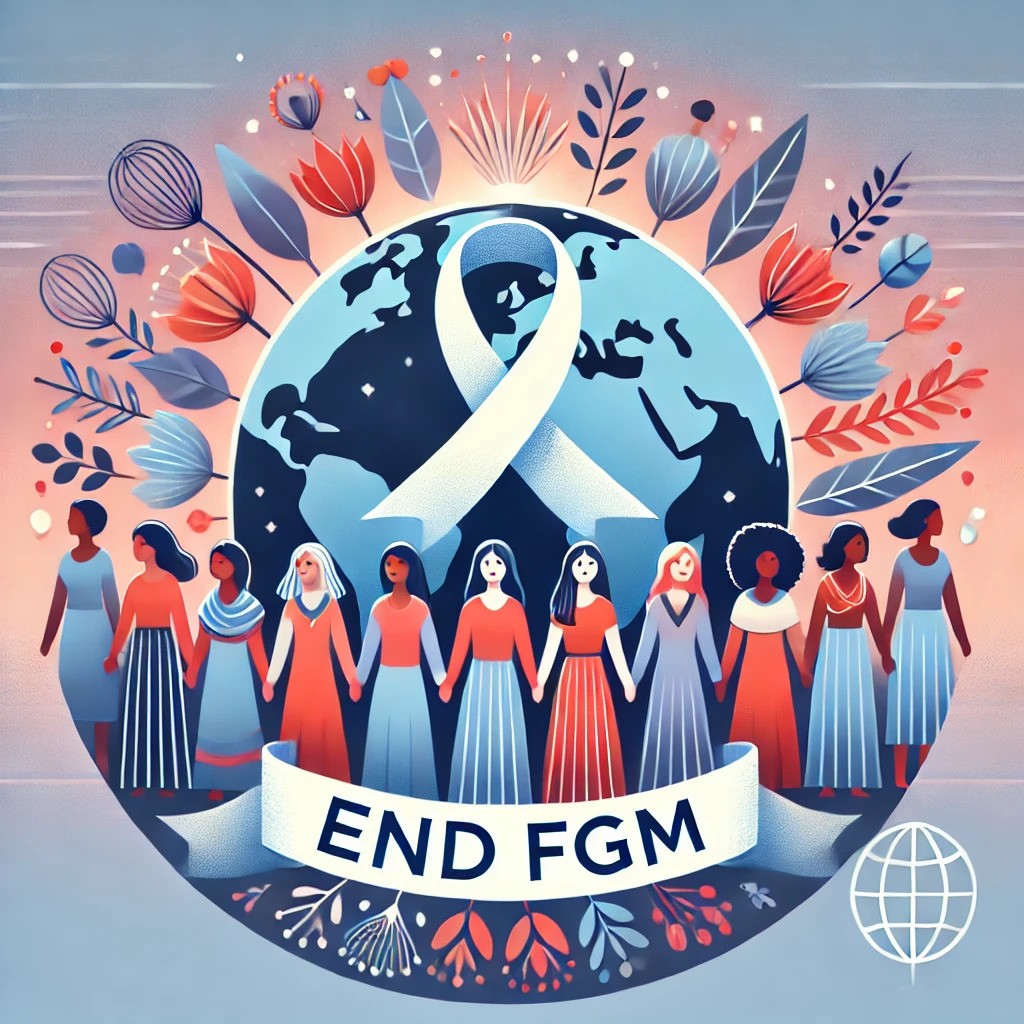Education holds a paramount relationship with the Sustainable Development Goals (SDGs) as delineated by the United Nations in 2015. It is not only recognized in its standalone form in SDG 4, which strives to “ensure inclusive and equitable quality education and promote lifelong learning opportunities for all”, but also serves as an enabler of other SDGs, highlighting its cross-cutting impact across multiple facets of development. It acts as the foundation stone of knowledge, fostering an understanding of complex socio-economic dynamics that are critical for the attainment of other goals.
Consider, for instance, how education impacts SDG 1 - No Poverty. The increased earning potential offered by quality education is a powerful tool in breaking the poverty cycle. Similarly, in relation to SDG 3 - Good Health and Well-being, education is instrumental in driving better health outcomes by fostering understanding of healthy lifestyles, disease prevention, and the benefits of timely medical intervention.
Addressing the climate crisis (SDG 13) also necessitates education, as it prepares individuals to understand the intricate relationships between human activities and their environmental impact, and to seek sustainable solutions. Moreover, achieving gender equality (SDG 5) is intrinsically tied to education, as access to quality learning opportunities for girls and women empowers them, promotes their participation in decision-making processes, and helps in overturning deeply entrenched societal biases.
Quality education also fosters innovation and infrastructure development (SDG 9), as it equips individuals with the technical and creative skills necessary to devise advanced technologies and infrastructures. Moreover, education fosters peace and justice (SDG 16) by promoting a culture of peace, non-violence, global citizenship, and appreciation of cultural diversity.
In this multifaceted role, education serves as a catalyst in the process of sustainable development. However, these interconnections necessitate that education systems themselves are made more inclusive, resilient, and sustainable. The challenges of the 21st century, such as the digital divide and the increasing need for lifelong learning, require urgent attention to ensure education continues to play its role effectively. Education is the key that unlocks the potential of all other SDGs, making its universal attainment not just a goal, but a pre-requisite for a sustainable future.
World Poetry Day 2026: Celebrating Poetic Expression and Linguistic Diversity
World Poetry Day is observed every year on March 21, celebrating the enduring power of poetry as a universal form of human expression. Declared by UNESCO in 1999, this day promotes reading, writing, publishing, and teaching poetry while honoring its ability to inspire creativity, preserve endangered languages, and foster dialogue among cultures.
World Creativity and Innovation Day 2026: Harnessing Creativity for Global Progress
World Creativity and Innovation Day, celebrated annually on April 21, highlights the essential role of creativity and innovation in addressing global challenges and achieving sustainable development. Established by the United Nations General Assembly in 2017 through Resolution 71/284, the day promotes creative problem-solving and fosters innovative thinking worldwide.
This study evaluated the impact of an updated curriculum on literacy and numeracy development among indigenous Kazakh- and Russian-speaking children in Kazakhstan through a quasi-experimental pilot involving 1,717 students.
World Radio Day 2026: Celebrating Radio's Legacy and Future Impact
Observed annually on February 13, World Radio Day honors radio’s unique role in bridging communities, disseminating information, and fostering social engagement. Established by UNESCO in 2011, this day underscores radio’s power to reach diverse audiences worldwide, serving as a medium for education, connection, and public safety. World Radio Day celebrates radio’s enduring significance and adaptability in an evolving digital landscape.
International Day of Zero Tolerance for Female Genital Mutilation 2026: #HerVoiceMatters in the Global Movement to End Female Genital Mutilation




